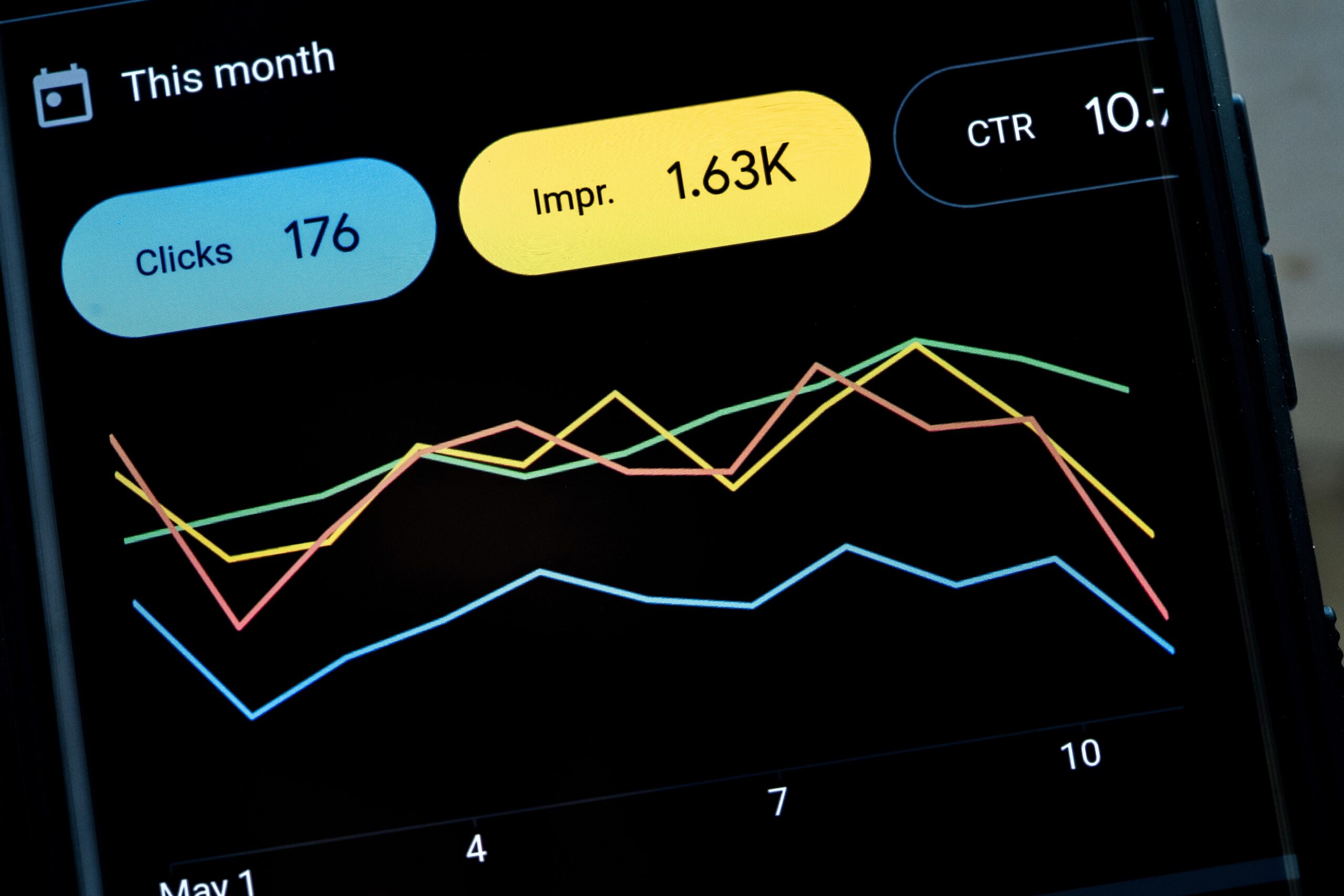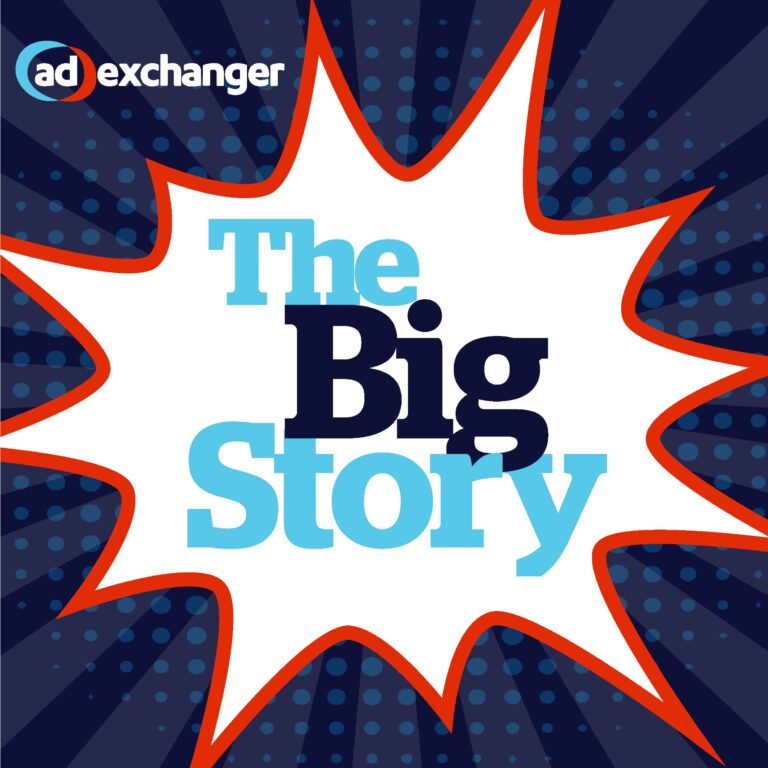 |
|||||||||
|
|||||||||
| Google’s Self-Described Agony Over AI Search Is Small Comfort For Publishers |
 |
| I/O, I/O, It’s Off of Search We Go Google might purportedly agonize over publishers losing out, but in its own pump-up events, like Google’s I/O developer conference in Mountain View, California, Google execs gush about AI’s power to transform search. For example, Google announced at this month’s I/O conference that it will expand its AI Mode search chatbot to all US users. The News/Media Alliance’s Danielle Coffey blasted the move as akin to theft for using publishers’ IP while depriving them of traffic. Despite loud criticisms from the publisher community, Google is all in on AI triggering a shift in how we use the internet, on par with the mobile revolution, Pichai told The Verge. And Alphabet has been gleeful about generative AI’s growth prospects in its earnings reports and other public-facing statements. But when pressed by The Verge’s Nilay Patel on AI search’s impact on the open internet, Pichai played the agony card. Pichai also made the risible claim that AI search already spreads search referral traffic more equitably across a wider range of publishers. And that generative AI tech makes it easier than ever for new publishers to enter the market. However, in practice that means traffic goes to other large platforms that sign licensing deals with Google, such as Reddit, and to AI-generated slop that cynically targets generative AI searches. Reputable web publishers are the losers in the equation. Meanwhile, evidence is mounting across the board that AI search brings less traffic to publishers than traditional search. A recent study by TollBit found that ChatGPT and Perplexity’s chatbots send 96% less referral traffic to news sites than Google Search. And another study by Seer Interactive found that the presence of one of Google’s AI Overviews in search results dropped publishers’ organic click-through rates from 4% to 0.6%. At Least They’re in Agony For all the easy stones to throw at generative AI models, at least Google has the awareness to agonize over how AI search can screw over publishers. Most AI search startups don’t even give a second thought to the publisher harms, as Pichai noted to The Verge. So it appears Google is taking the lesser-of-two-evils stance when it comes to its AI competitors. Which means publishers must hope that regulators and lawmakers press for copyright enforcement over generative AI scrapers’ appetites for training data. There’s always The New York Times’ still-undecided copyright lawsuit against OpenAI to establish a potential precedent. But the open web always gets the short straw. And regulators around the globe seem poised to hand AI companies a win in their legal battles with publishers. Consider the argument recently made by former Meta executive and former UK deputy prime minister Nick Klegg. Klegg said he believes publishers should be able to opt out of having their content used to train AI models. But he added that requiring publisher consent for AI training would “kill the AI industry.” And he cautioned that if the UK were to pass laws requiring such consent, other nations that have not passed such laws will win the AI arms race. Meanwhile, in the US Congress, House Republicans included a provision in the recently passed wide-ranging tax bill that would prevent state governments from passing any new AI regulations for the next decade. The move seems to signal the Trump administration’s support for the argument that AI regulation would empower economic rivals like China and the EU to take over the AI market. But regulators are missing another looming threat, according to Dario Amodei, CEO of AI startup Anthropic: that AI is poised to wipe out half of white-collar jobs across the technology, finance, law and consulting sectors, potentially increasing US unemployment by 10%-20% in the next five years. And that’s not even taking into account AI’s impacts on publishers and creators. Not to mention knock-on effects from the collapse of the open web. |
 |
| Monster Mashup |
| What Happens When Publishers Build the Stack? Stephanie Layser, Justin Wohl, and Justin Barton are bringing lived experience to the table, reshaping tools around transparency, control, and scale for the sell side. What VaynerMedia’s John Terrana Wants You to Understand About Attention From TikTok affiliates to YouTube’s overlooked power, VaynerMedia’s President of the Americas and Global Chief Media Officer lays out how real-time buying, creative talent, and common-sense measurement can unlock real growth. Brand Safety is Dead—It’s Time to Rally Behind Contextual Alignment Legacy brand safety tools are broken—and the only way forward is content-level contextual alignment that protects both brands and audiences, writes GumGum's Kerel Cooper |
| @{optoutfooterhtml}@ |








